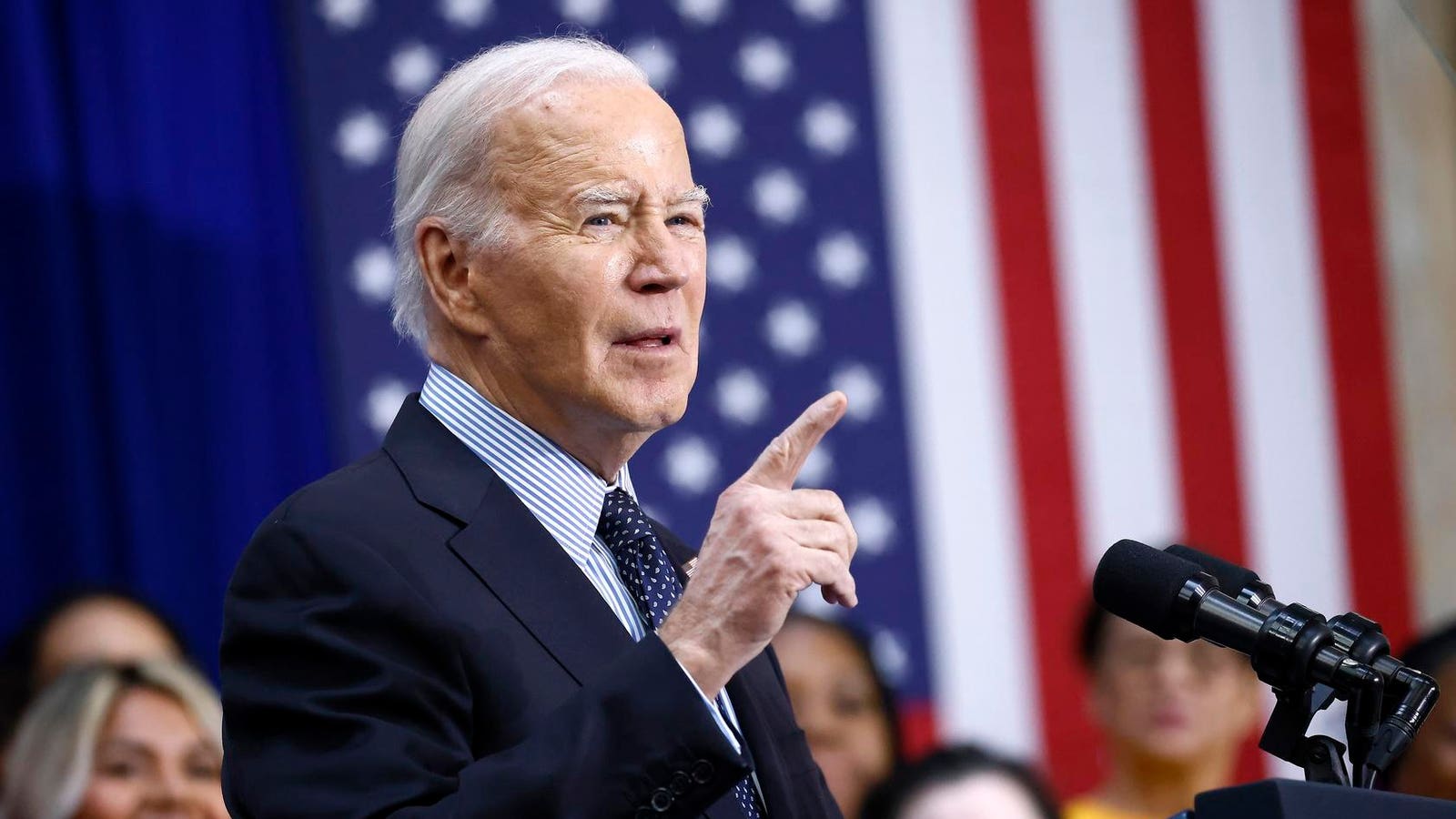Over a dozen states are suing to block a key Biden administration student loan forgiveness and repayment program, even while their residents receive billions of dollars in student debt relief.
Last week, a coalition of 11 Republican-led states spearheaded by Kansas filed a legal challenge against the Biden administration to block the new SAVE plan, an income-driven repayment plan that can provide affordable payments and lead to eventual loan forgiveness. Yesterday, another group of GOP-run states led by Missouri filed a similar lawsuit in a different court, only a day after Biden unveiled a new loan forgiveness plan.
“The Biden-Harris Administration won’t stop fighting to provide support and relief to borrowers across the country — no matter how many times Republican elected officials try to stop us,” said the Education Department in a statement to the Associated Press. The administration has vowed to fight to preserve SAVE while advancing other new student loan forgiveness initiatives.
18 States Sue Biden To Block Student Loan Forgiveness Under SAVE
The 18 states are suing the Biden administration to block the SAVE plan. SAVE is the Education Department’s newest income-driven repayment plan, providing more affordable monthly payments and, in some cases, an accelerated track to student loan forgiveness.
Like all IDR plans, borrowers enrolled in SAVE can get loan forgiveness after 20 or 25 years in repayment. But that timeline can be reduced to as little as 10 years for borrowers who took on relatively small amounts of student debt. This “early” loan forgiveness provision is designed to primarily benefit students who attended community colleges or vocational training programs.
The Republican-led states argue that the generous provisions of SAVE go beyond what Congress intended when it authorized IDR plans. The Biden administration has countered that existing federal law expressly authorizes the Education Department to draft regulations setting the parameters of IDR plans, and in fact it has done so several times. The Income-Contingent Repayment plan was established through this same process in 1994; Pay As You Earn was created in 2012; and Revised Pay As You Earn was unveiled in 2015. Income-Based Repayment is a separate program that was authorized by Congress through different legislation in 2007.
$46 Billion In Student Loan Forgiveness For States Challenging Biden Programs
According to new data released by the Education Department this week, the 18 states suing to block the SAVE plan have already collectively received more than $46 billion in student loan forgiveness for their residents through various Biden administration initiatives. These include reforms to Public Service Loan Forgiveness and IDR plans, as well as streamlined relief for disabled borrowers and those harmed by school misconduct.
Borrowers who reside in the coalition led by Kansas — which includes Alabama, Alaska, Idaho, Iowa, Louisiana, Montana, Nebraska, South Carolina, Texas, and Utah — have received more than $20 billion in student loan forgiveness through these initiatives. The other coalition led by Missouri — which includes Arkansas, Florida, Georgia, North Dakota, Ohio, and Oklahoma — has received nearly $26 billion in student loan forgiveness.
These figures include borrowers who were approved for “early” student loan forgiveness under SAVE. In the first wave of approvals earlier this year, more than 60,000 residents of these 18 states received discharges under the SAVE plan, according to the Education Department.
Additional Challenges Over Latest Biden Student Loan Forgiveness Initiative Likely
More than seven million borrowers have already enrolled in SAVE, according to the Biden administration. And it is not entirely clear what may happen if a court sides with the challengers — but some borrowers could see their payments increase.
In the meantime, this week President Biden announced a new mass student loan forgiveness plan that could reach up to 30 million borrowers. That plan will provide relief to people in a variety of circumstances, including those who have experienced significant interest capitalization or are in the midst of a financial hardship.
But at least some Republican leaders in the 18 states challenging Biden over SAVE — who also successfully brought down Biden’s first student loan forgiveness plan before the Supreme Court last year — have suggested they will challenge this program, as well.
Read the full article here

















